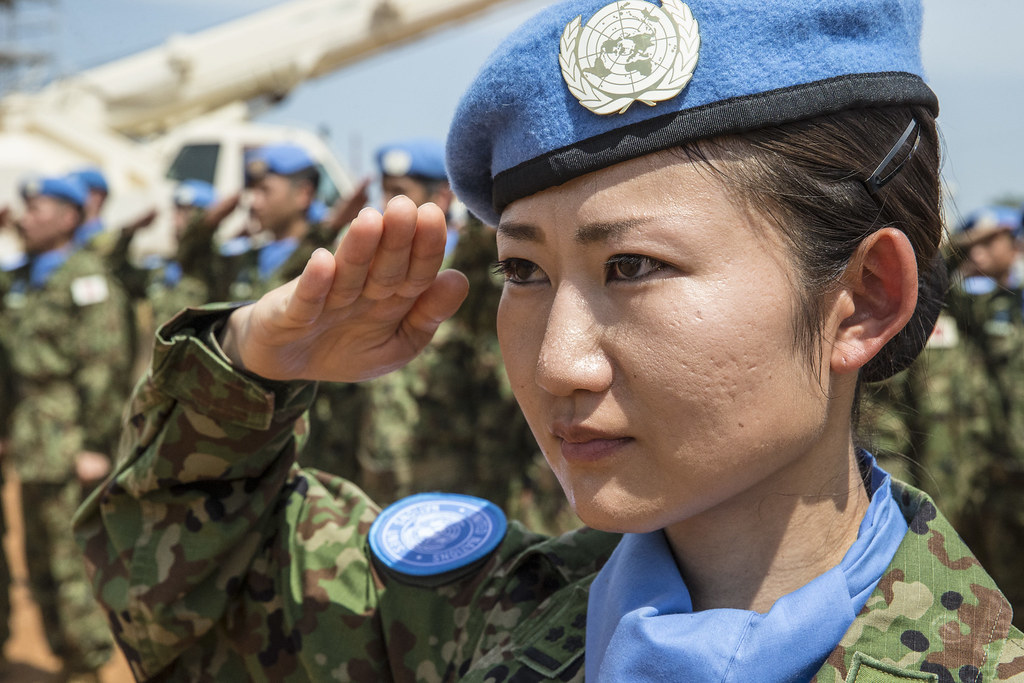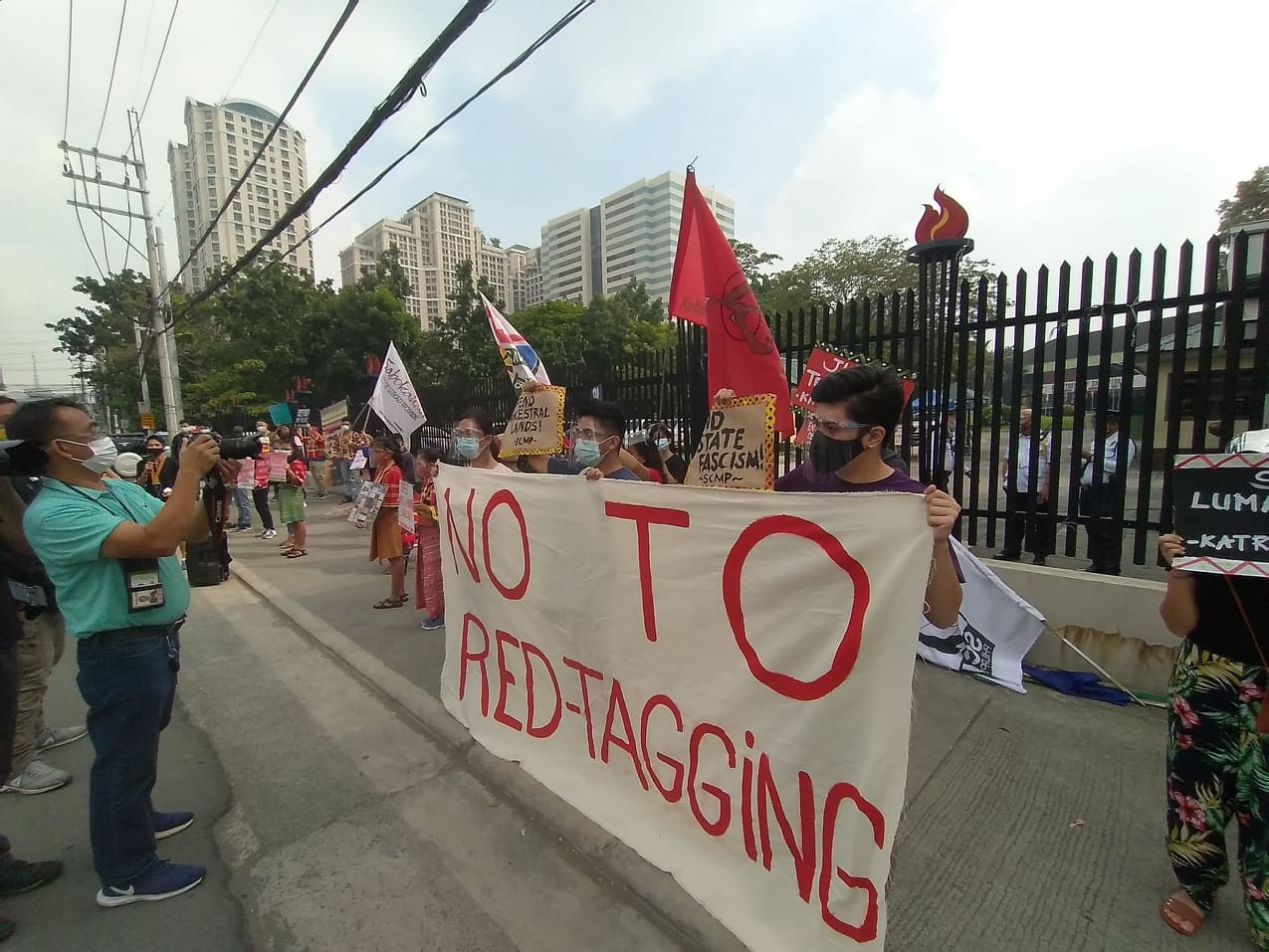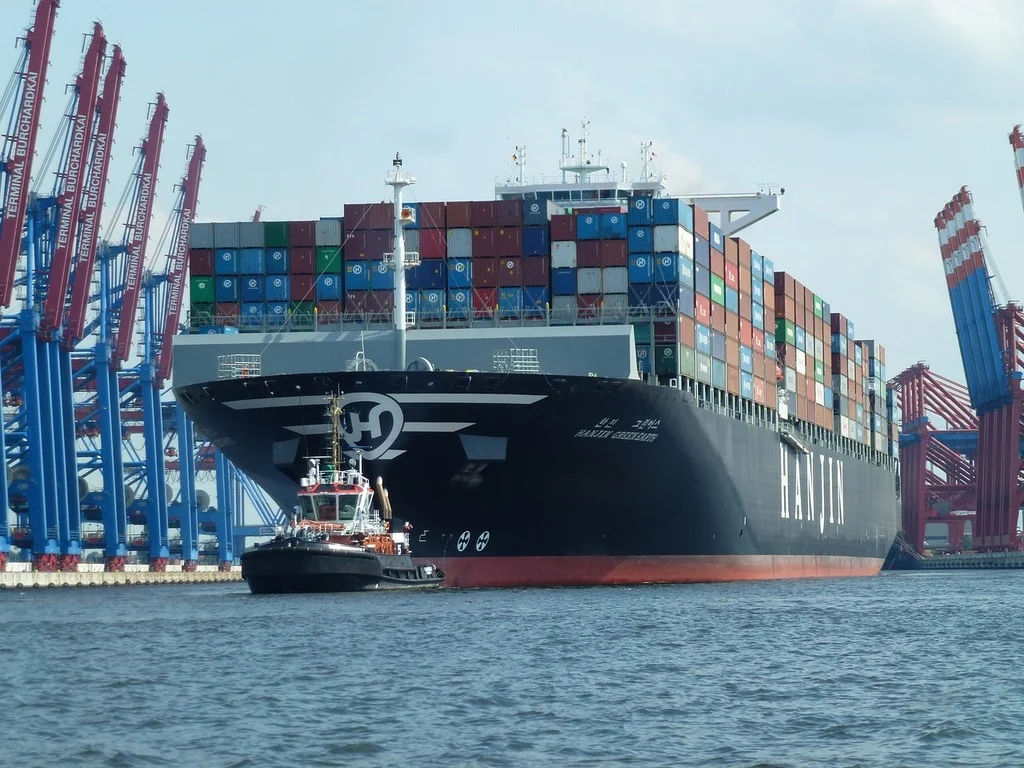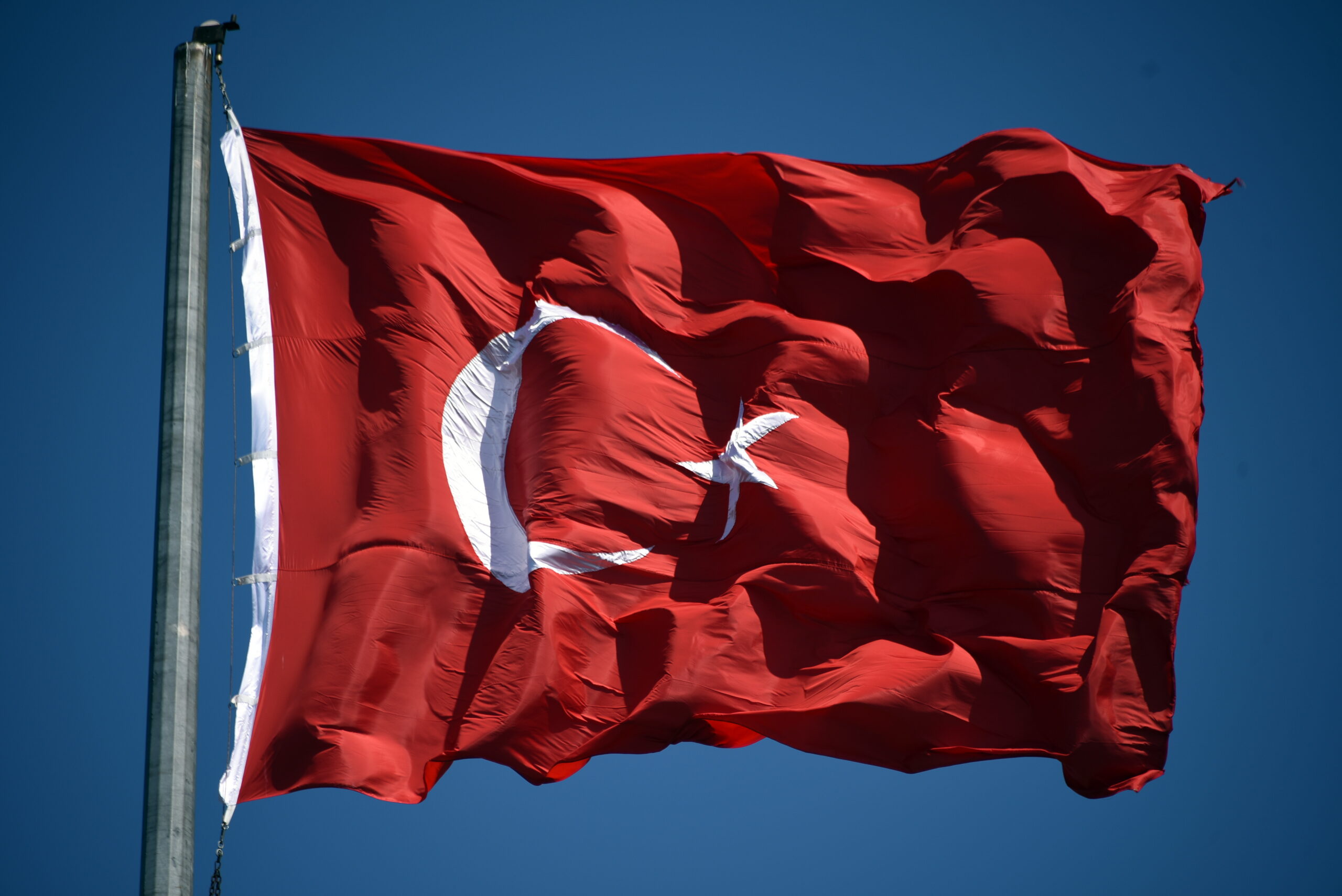As crises and conflicts escalate, states increasingly rely on defence capabilities. Yet, defence forces are currently facing a recruitment crisis. Forces are shrinking. Traditional pipelines are drying up. And yet, one solution continues to be overlooked: older women.
Recruitment targets are not being met across Australia, the United States (U.S.), the United Kingdom (U.K.) and other allied forces. Fertility rates are declining, and youth disengagement is increasing. In Australia, just 16% of young people are eligible and inclined to enlist. This is a strategic failure to adapt outdated recruitment models to a changing social, demographic, and workforce landscape.
Tens of thousands of working-aged women, many of whom have already served or are seeking new careers, remain overlooked as a potential talent pool. These are women with leadership experience, emotional intelligence, crisis resilience, and a desire to contribute to national and global security. So why aren’t they being recruited?
It is because too often, military service is still imagined through a narrow lens: young, unencumbered, and male. Women, especially older women, are excluded from mainstream recruitment assumptions. Their caregiving responsibilities are viewed as liabilities. Their fitness is questioned. Their adaptability is underestimated. And yet, women in their 30s and 40s are often more ready to serve than many of their younger counterparts.
The data support this. Research on the Australian Defence Force found that 90% of senior men have children, compared to just 22% of senior women, a glaring reflection of the systemic rigidity that forces women to choose between family and career. Globally, similar patterns persist. In the U.S. and elsewhere, women are more likely to be single parents and less likely to receive the deployment opportunities that can fuel promotion. Research undertaken by Monash GPS funded by Global Affairs Canada has also shown that women are more likely to be sole or primary carers, and this hampers not only promotion prospects, but also recruitment, retention and training opportunities.
This isn’t a broken recruitment stream problem, but a structural one. Outdated recruitment practices, unrealistic fitness standards, and cultural biases about military service continue to exclude qualified women who are committed to serving. The consequence is a shrinking force, an untapped workforce, and peacekeeping missions that fail to reflect the communities they serve.
It’s time for change.
We must rethink who we imagine when we picture a soldier or peacekeeper, particularly if we want to address the recruitment crises facing militaries and better represent the diverse needs of communities where they serve.
Women aged 30 and above are not “too old”; they are underutilised. Targeted recruitment efforts, flexible entry pathways, and second-career initiatives could transform this landscape. Experiential programs, such as aviation camps designed for young women, have proven highly effective in demystifying barriers to service. Piloted by the Royal Australian Air Force, these initiatives address common misconceptions about military life, particularly fears related to meeting fitness standards. Many of these barriers are not structural, but internalised, shaped by cultural messaging that military service is “not for women.” These camps offer participants a chance to experience military life firsthand, build confidence, and engage with mentors, helping to shift those beliefs.
While these programs successfully recruit more women, the real strength of these programs is in creating lasting peer networks that have been shown to increase women’s retention in service. Connection is critical. Women who enter service with strong networks are more likely to stay, lead, and thrive. Research by RAND supports the impact of women-only outreach programs, events, and mentorship, offering a “try before you commit” approach as a successful method for demystifying stereotypes about women in service and building confidence in candidates to self-select to serve.
Other militaries have adapted this model, and variations of women-only experiential recruitment programs are being adapted in different industries; these models could easily be adapted for older women. A “Second Career Discovery Program” or “Career Reboot Camp” could provide an inclusive, structured way for women aged 30–45 to explore military or peacekeeping pathways. From a United Nations perspective, these experiential entry points could serve as an additional mechanism to enhance the meaningful participation of women in peace operations, particularly in troop- and police-contributing countries struggling to meet targets set by the UN in the Uniformed Gender Parity Strategy 2018-2028.
Beyond recruitment, these programs also help communities better understand the role of the military and the opportunities it offers, not just as a profession, but as a platform for purpose, skill development, and in many cases, a pathway out of poverty or violence. For women facing limited options, military service can offer financial independence, education, stability, and global engagement.
It’s a model grounded in evidence, with clear potential for broader implementation across National and International contexts. This shift isn’t about diversity targets. It’s about operational effectiveness. Women bring lived experience, leadership, and community connection, and diversify the knowledge and skills available to peace operations. In peacekeeping roles, they’ve been shown to improve trust, engagement, and protection outcomes. The UN’s Women, Peace and Security agenda, established by Security Council Resolution 1325, is clear: women are not victims of conflict; they are essential to conflict resolution.
We must stop asking women to fit a mould that no longer serves the mission. The security threats of today require a force that is agile, diverse, and inclusive of all who are willing and able to serve.
That includes older women. It’s time we opened the door.
Llani Jayne Kennealy is a Monash University’s Global Peace and Security (Monash GPS) Affiliate, retired Wing Commander, international consultant on Women, Peace and Security, and team member of Monash GPS’s project ‘Advancing the Meaningful Participation of Women in UN Peace Operations by Supporting Personnel with Caring Responsibilities’ (2023-26), funded by Global Affairs Canada as part of the Elsie Initiative for Women in Peace Operations.
This article is published under a Creative Commons License and may be republished with attribution.





